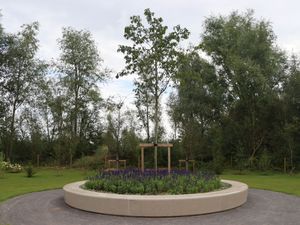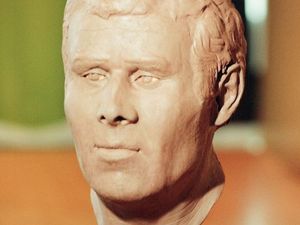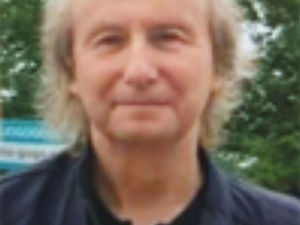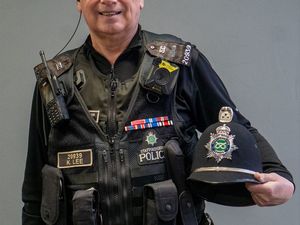Thousands who took part in UK's nuclear test programme to receive medal recognising their service
Thousands of people who took part in the UK's nuclear test programme will receive a medal recognising their service following years of campaigning for the honour.
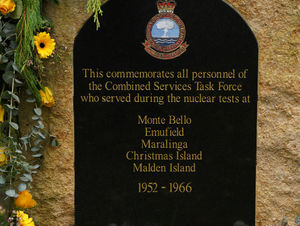
An estimated 22,000 veterans and civilians will be eligible for the Nuclear Test Medal, which has been introduced to mark the 70th anniversary of the nation's first atomic test, Downing Street said.
The honour commemorates the contributions made by veterans, scientists and local employees from the UK, Australia, New Zealand, Fiji and Kiribati.
It comes after several years of campaigning for atomic test survivors to be given medals by groups including the Labrats International charity.
The announcement was made as a commemoration was held at the National Memorial Arboretum at Alrewas, Staffordshire.
Prime Minister Rishi Sunak described the decoration as "an enduring symbol of our country's gratitude" for those involved in the test programme.
He said: "I am incredibly proud that we are able to mark the service and dedication of our nuclear test veterans with this new medal.
"Their commitment and service has preserved peace for the past 70 years, and it is only right their contribution to our safety, freedom and way of life is appropriately recognised with this honour.
"This medal is an enduring symbol of our country's gratitude to each and every person who played a part in this effort and their loved ones who supported them."
Alan Owen, founder of the Labrats International charity for atomic test survivors, welcomed the announcement on the medal, which the group has been campaigning for over several years.
Mr Owen, whose father, James Owen, from Cheltenham, was present during nuclear testing on Christmas Island in 1962 at the age of 21, said: "It's great the Government is starting to recognise the veterans.
"For me it is an emotional day because I will be representing him and my sister will be there and we will be laying flowers in his memory."
His sister was born blind in one eye, his elder brother died aged 31, and Mr Owen recently suffered a cardiac arrest.
James Owen died from heart conditions at the age of 52 in 1994.
The first test of a British atomic device, a plutonium implosion device, took place in Main Bay, Trimouille Island in the Montebello Islands in western Australia.
The success of Operation Hurricane ensured Britain's place as the third nuclear power after the USA and the Soviet Union.
Veterans' Affairs minister Johnny Mercer described the nuclear deterrent as "the cornerstone of our defence".
He said: "This medal honours those who served far from home, at a crucial time in our nation's history.
"To this day the nuclear deterrent remains the cornerstone of our defence, and that is only because of the service and contribution of the brilliant veterans and civilian personnel."
Defence Secretary Ben Wallace has also thanked veterans for their "invaluable contribution" to national security.
Those who worked under UK command during tests at the Montebello Islands, Christmas Island, Malden Island and Maralinga and Emu Field, South Australia, between 1952 and 1967, will be eligible to apply for the medal.
It can also be awarded posthumously to veterans' families.
Downing Street has said the first awards will be made in 2023.
The Government is also investing £450,000 into projects which will build understanding of the experiences of veterans who were deployed to Australia and the Pacific.
As part of this funding, the Office for Veterans' Affairs is launching an oral history project to chronicle the experiences of those who supported the nation's effort to develop a nuclear deterrent.
Due to start in April 2023, the project will run for two years, and aims to build an accessible digital archive of testimonies.


